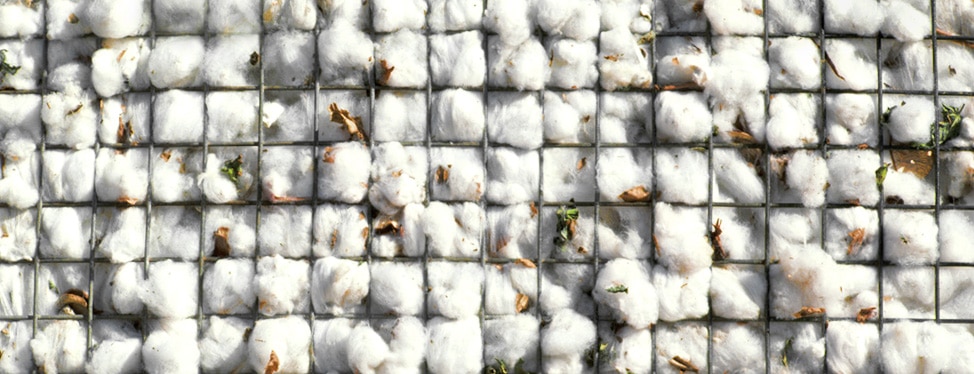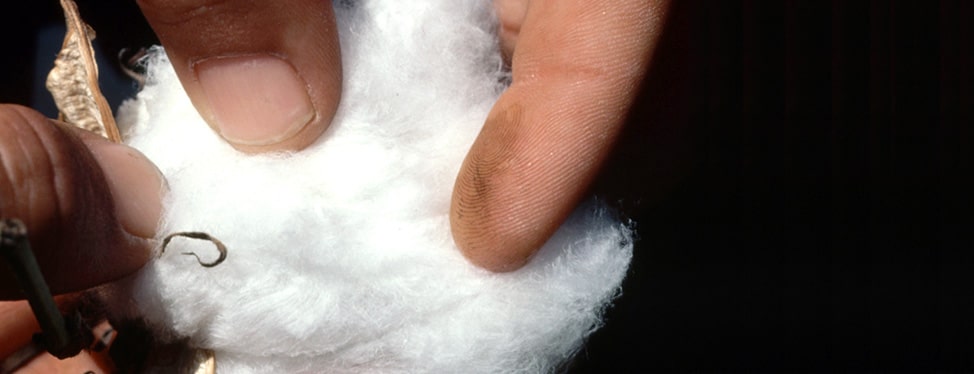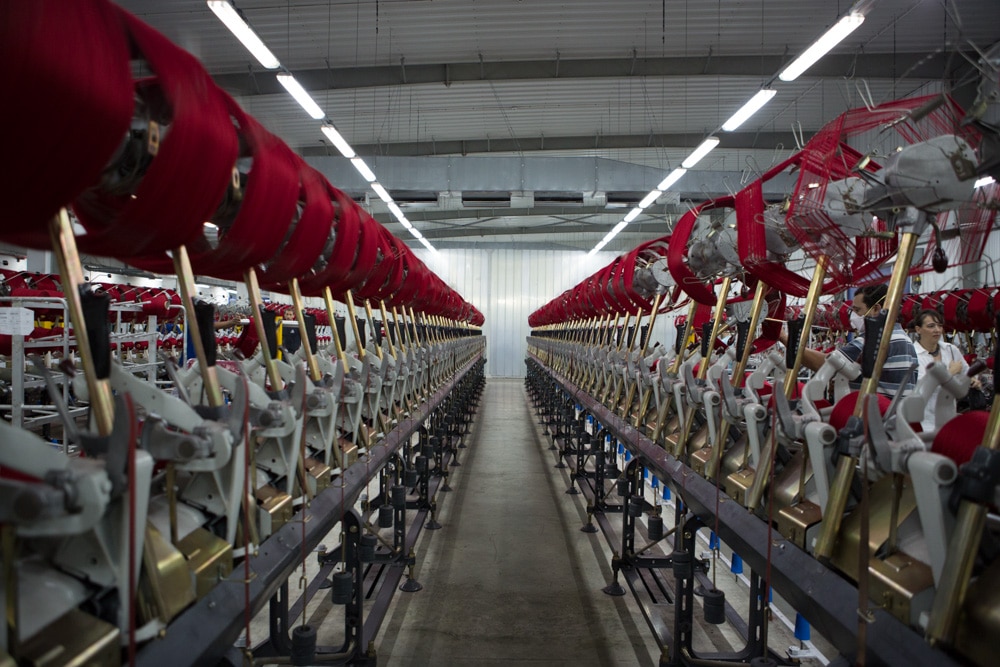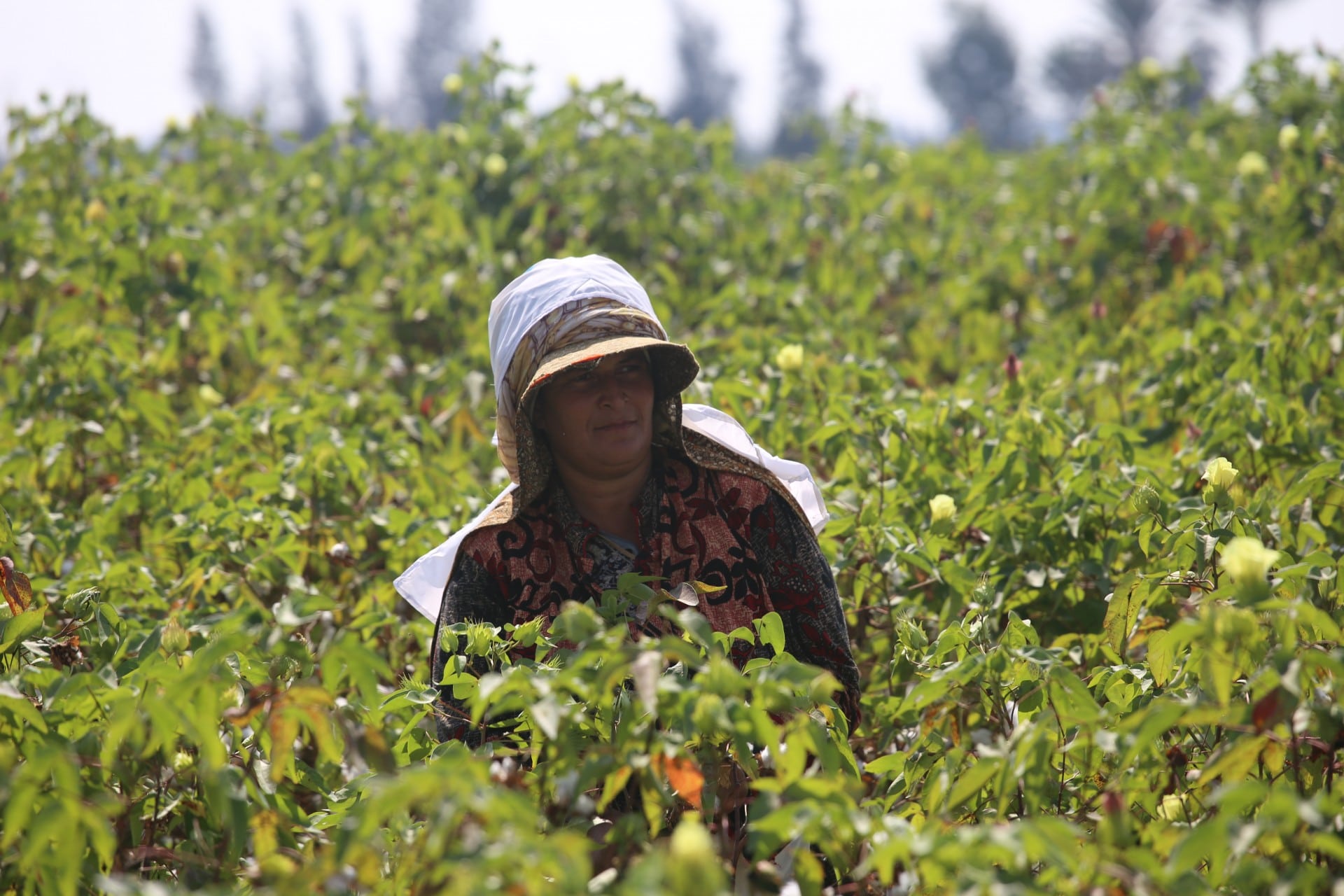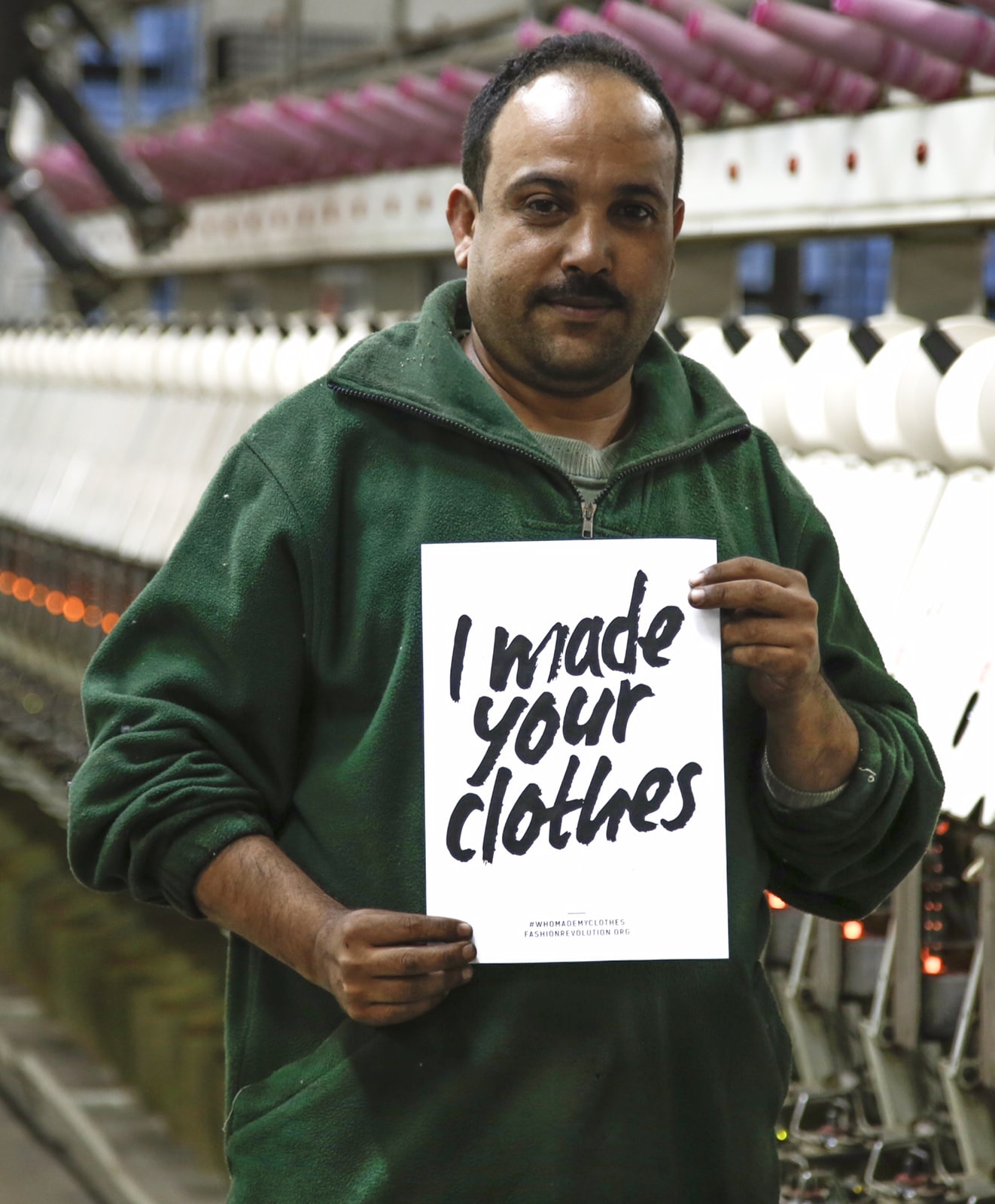Egypt (Cairo)
The soft and silky long staples of Egypt’s high quality, extra-long staple (ELS) cotton make it ideal for the production of high-end intimate apparel and stockings – and it’s considered one of the most prized and precious parts of the ‘white gold’ in the world, valued for its resistance, clean look and freedom of impurities.
While Egyptian cotton is largely GMO-free, the aim is to make sure it remains so, but bringing cotton production in line with even minimally acceptable environmental standards is a challenging task. That’s why Italian yarn producer Filmar, a long-time buyer of cotton from Egypt, has created a new fair trade project in collaboration with Alexbank of Intesa San Paolo Group and the Egyptian Ministry of Agriculture.
The Cottonforlife initiative is a five-year programme between Brescia and Cairo to support Egyptian farmers in the local organic cultivation of Giza 45, and its valuable sibling Giza 87, to boost its business and help local communities. They are the most highly graded cotton fibres of the Egyptian cottons – the longest, thinnest, strongest and most uniform.
Filmar make sure that the organic cotton is grown without use of pesticides or toxic chemicals. Water use is limited and the supply chain and industrial processes are monitored and certified by independent, internationally-recognised authorities: “The focus is on planet, people and profit”, says Filmar’s CEO Marco Marzoli. “This is the realisation of a dream. When we decided to launch this project we had recently completed our production chain in Egypt, where we now have complete control. We are probably the only company in the world at this point to control all our raw materials.”
Cottonforlife makes sure to support local agricultural communities too – especially women (who make up the largest share of cotton pickers) and young people. Together with the Ministry of Technical Education, mothers are encouraged to send children to school, where they experiment with organic cotton planting and growing, and are being trained in techniques to help safeguard the local environment.
“Sustainability in fashion isn’t just a fashion,” Marzoli adds. “It’s necessary because it makes business sense. It’s not just marketing. You use fewer chemicals, water and energy and this is business. Sustainability isn’t a limit, but an asset, a value.”
Cottonforlife was mapped by Fashion Revolution‘s Carry and Orsola in their AtlasChart Top 5 – a journey through the founders’ favourite projects from Ireland to Bangladesh.
Project leader
Marco Marzoli, CEO, Filmar
Support the Atlas
We want the Atlas of the Future media platform and our event to be available to everybody, everywhere for free – always. Fancy helping us spread stories of hope and optimism to create a better tomorrow? For those able, we'd be grateful for any donation.
- Please support the Atlas here
- Thank you!
